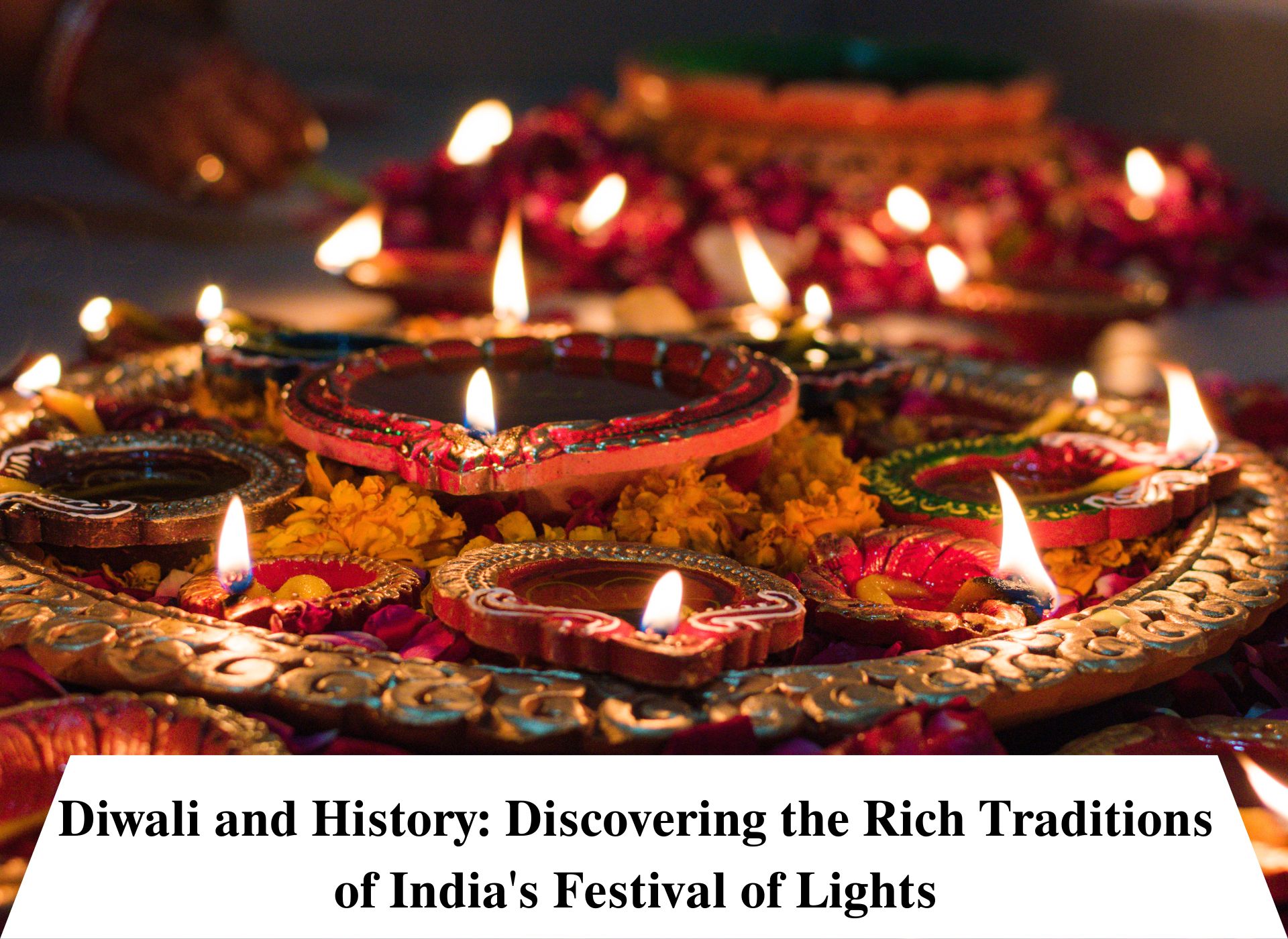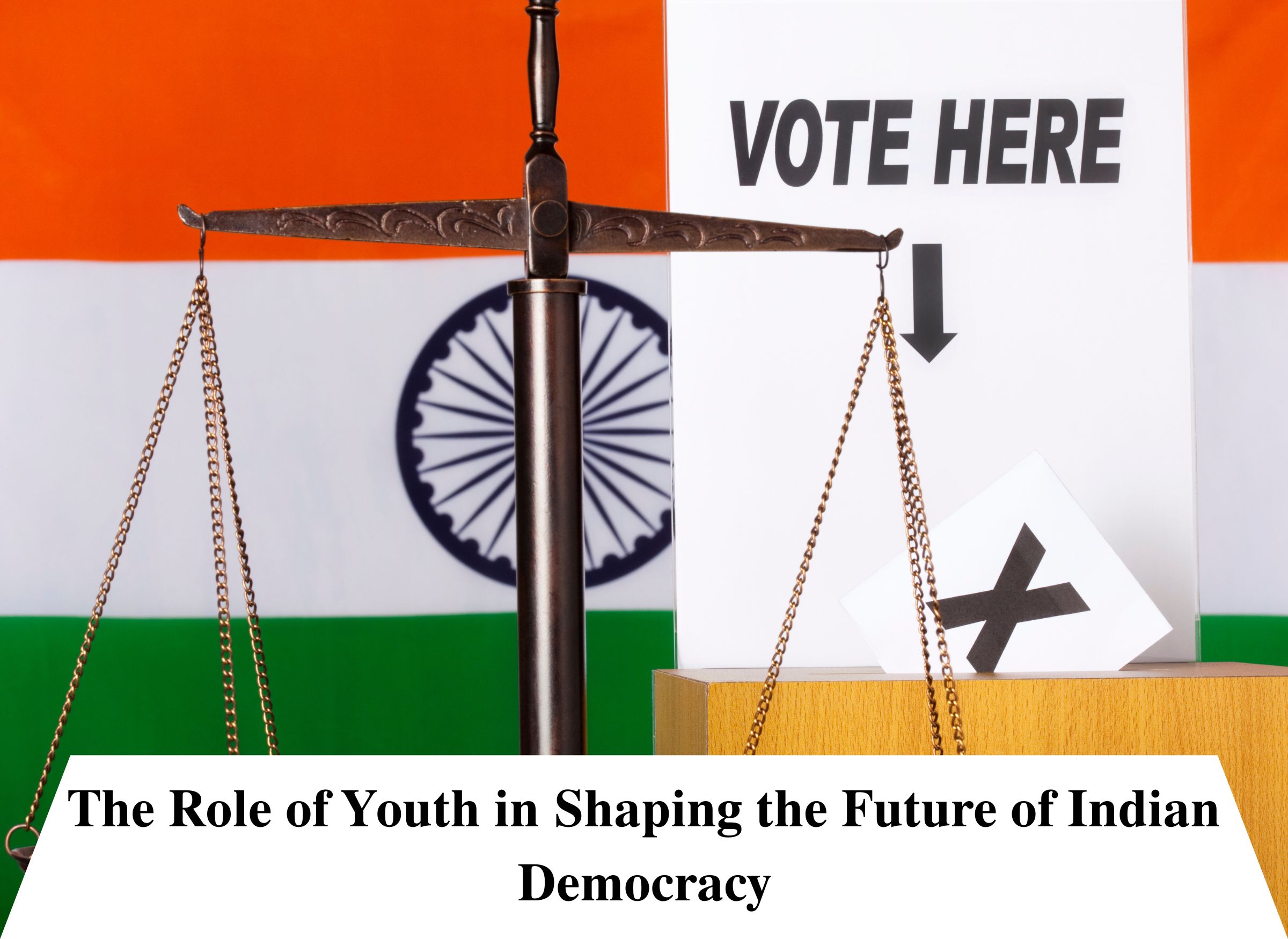Diwali, known as the festival of lights, is one of the most widely celebrated festivals in India. Its significance goes beyond just the brilliant displays of lamps, fireworks, and colorful rangolis. It is a festival that transcends religious boundaries and holds a special place in the hearts of millions. Diwali has a rich history that forms the foundation of this celebration. In this extensive blog post, we will delve deep into the historical roots of Diwali, shedding light on the significance and evolution of this festival. At Gyan Vihar School, a distinguished CBSE school in Jaipur, we believe in not only celebrating festivals but also understanding their historical and cultural importance.
- The Ancient Origins of Diwali
The victory of light over darkness:
- Historical Foundations: Explore the historical origins of Diwali, with its earliest mentions in ancient Indian scriptures like the Ramayana and the Mahabharata.
- Mythological Narratives: Delve into the captivating stories of Lord Rama’s return to Ayodhya, the legend of King Bali and Lord Vishnu, and the tale of the churning of the ocean, which are celebrated during Diwali.
- Diwali as a Harvest Festival
The connection to agriculture:
- Farming Communities: Discover how Diwali is celebrated as a harvest festival, marking the end of the agricultural year and the beginning of a new one.
- Rural Traditions: Explore the customs of farmers and rural communities during Diwali, such as the worship of cattle and the tools of their trade, showcasing the agricultural roots of this festival.
- Diwali in Different Regions of India
India’s diverse tapestry of celebrations:
- Diwali Across India: Understand how Diwali is celebrated differently in various regions, highlighting the cultural diversity of India.
- Local Customs: Learn about regional customs and traditions, such as the worship of specific deities, unique rituals, and regional dishes associated with Diwali.
- Diwali in Different Religions
Interfaith celebrations:
- Hinduism: Examine the significance of Diwali in Hinduism, where it symbolizes the victory of dharma (righteousness) over adharma (unrighteousness).
- Jainism: Understand how Diwali holds religious importance for Jains as it marks Lord Mahavira’s attainment of nirvana.
- Sikhism: Learn about Diwali’s significance in Sikhism, commemorating Guru Hargobind Ji’s release from imprisonment.
- Buddhism: Explore how Diwali is celebrated in some Buddhist communities, particularly in Newar Buddhism, with a focus on the worship of the goddess Lakshmi.
- The Global Reach of Diwali
Spreading light worldwide:
- Diwali in the Indian Diaspora: Discover how Diwali is celebrated by the Indian diaspora across the globe, with a focus on countries like the United States, the United Kingdom, and Australia.
- Inter-Cultural Celebrations: Understand how Diwali has influenced and integrated with other cultures and festivals, leading to vibrant, multicultural celebrations.
- The Symbolism of Lamps and Fireworks
Lighting the path to knowledge:
- Diyas and Lamps: Explore the symbolism of lighting lamps during Diwali, representing the triumph of light over darkness, good over evil, and knowledge over ignorance.
- Fireworks: Learn about the tradition of bursting fireworks, which signifies the victory of light and the dispelling of darkness.
- Modern Celebrations and Traditions
Balancing tradition and innovation:
- Contemporary Diwali: Understand how Diwali is celebrated in the modern era, with innovations like eco-friendly celebrations, digital greetings, and community service.
- Family Customs: Discover the various traditions and customs that are passed down through generations, making each family’s Diwali unique.
Embracing the Past and Celebrating the Present
Diwali is not just a festival; it’s a profound tapestry woven with historical threads, cultural diversity, and spiritual significance. As we celebrate Diwali, it’s important to remember its historical roots and the values it represents. This festival unites people from different backgrounds and faiths in the celebration of light, knowledge, and the triumph of good over evil.
At Gyan Vihar School, we encourage our students to not only celebrate Diwali but also to appreciate the historical and cultural aspects of this festival. By understanding its roots, we can ensure that Diwali remains a vibrant and cherished part of our heritage, bridging the past with the present and guiding us into a bright future.







